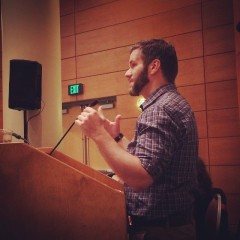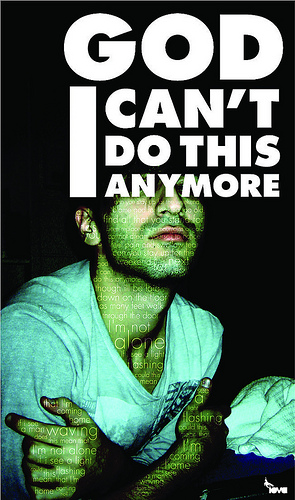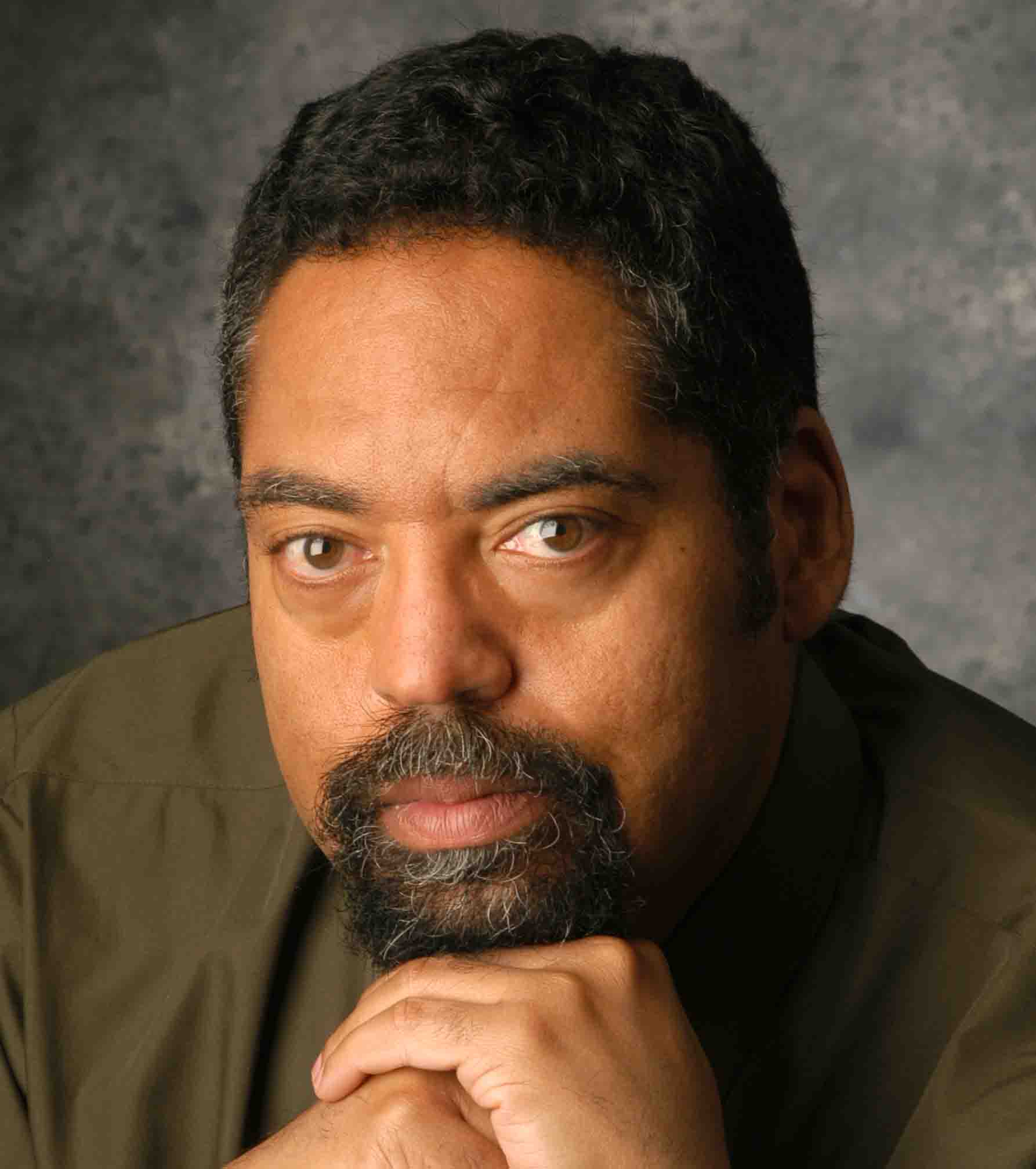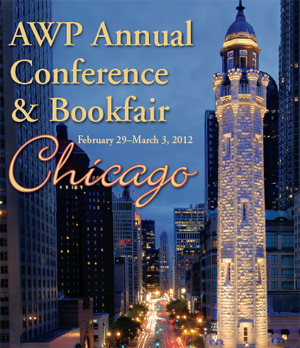Last April, I was on an AWP panel moderated by Joseph Scapellato which included Matt Bell, Jennine Capo Crucet, Derek Palacio, and moi. The title was “How I Taught Then, How I Teach Now,” a subject that is near and dear to my heart.
Description:

When experience forces us to challenge the assumptions that underpin our teaching philosophies, how do we sensibly revise our syllabi, course element by course element? In this panel, five teachers of writing share what they grew into knowing. They will describe how an active awareness of their changing assumptions changed their courses for the better. Practical before-and-after examples of course materials promise to make this panel useful for beginners and veterans alike.
Topics covered:
- Matt talks about what he calls “the privilege of early access,” a way of framing workshop discussion.
- Jeannine had some great suggestions for teaching students how to better analyze craft.
- I talked about helping students to develop a writerly identity.
- Derek describes a semester-long reading/craft project using Prezi.
- Joseph read a great and hilarious essay called “Respect.”
Many thanks to the folks at AWP for turning our conversations into this podcast.








